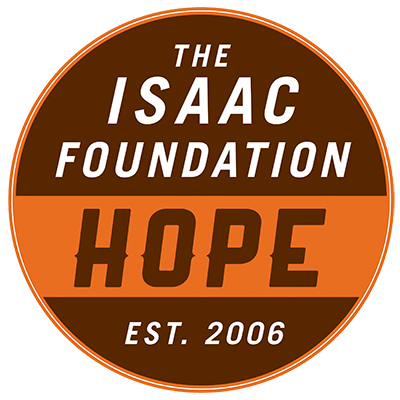Over the past years we have funded a number of MPS II Gene Therapy Research projects, you can read about them here. We have also received a number of questions about what, exactly, gene therapy is. The Hunter Syndrome Research Coalition (HSRC), a team of members, alliance partners and families that seeks to advance research toward a cure for Hunter Syndrome through a collaboration of patient advocacy groups, family foundations, and other relevant organizations, has begun to coordinate MPS II organizations so we can raise funds for gene therapy faster and more efficiently. The HSRC recently posted information about what gene therapy is, so I wanted to share it here.
What is Gene Therapy?
Gene therapy is a technique that uses genes to treat and/or prevent diseases that are caused by mutated genes that function improperly or missing genes within the body. Currently gene therapy is experimental and only being tested for the treatment of diseases that have no cure.
How does Gene Therapy work?
Gene therapy introduces a normal copy of the gene to restore the function of the missing or mutated proteins within cells. Genes can’t be inserted into the cells themselves, so they have to have a carrier or what is referred to as a vector. Viruses are often used as vectors since they have the capability of taking over cells, so therefore it would be able to deliver a new gene to these same cells. Once the gene enters the cells, then they have a normal functioning gene to properly restore the missing protein. The therapy is generally introduced into the body’s cells either by IV or an injection and various locations on the body have been used.
Can patients catch the virus used in Gene Therapy?
The viruses now used in gene therapy have the portion that causes the original virus disease removed. That portion is replaced with the genetic material needed for the therapy.
What is MPSII Gene Therapy?
MPSII or Hunter Syndrome is a lysosomal storage disease caused by a deficiency in the enzyme iduronate 2-sulfatase. Research and studies have developed a IDS2 gene that is attached to a vector and is being injected into mice models in preparation for a clinical trial in humans.
The HOPE…
Permanent treatment for the neurological and physical courses of the disease – stop progression and hopefully correct some of the symptoms of disease.
Other treatments
HSRC is committed to coordinate funding for the most promising research opportunities that offer in-their-lifetime treatments for Hunter Syndrome patients. We seek to support projects that contemplate treatment for Hunter Syndrome patients along the entire spectrum of disease.
